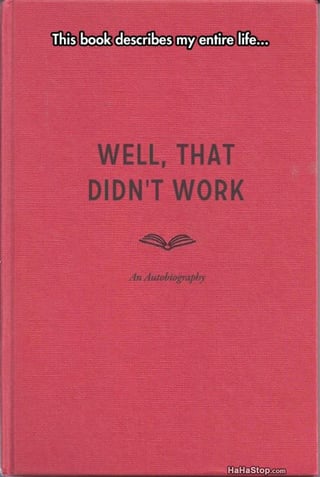 One of the most important questions asked by fix and flip borrowers is, "How much cash do I have to bring to the closing table?" The good news is that fix and flip loan borrowers ("renovators") need far less cash than home builders or commercial real estate developers. In fact, I promise you that you will be thrilled and pleased with how little cash a renovator has to bring to the table. Hooray! Just be patient.
One of the most important questions asked by fix and flip borrowers is, "How much cash do I have to bring to the closing table?" The good news is that fix and flip loan borrowers ("renovators") need far less cash than home builders or commercial real estate developers. In fact, I promise you that you will be thrilled and pleased with how little cash a renovator has to bring to the table. Hooray! Just be patient.
Before we get into exactly how much cash a renovator needs to qualify for a fix and flip loan, let's use this opportunity to review commercial construction loans and the Loan-to-Cost Ratio.

The Total Cost of a commercial construction project is calculated as follows:
Land Cost plus
Hard Costs (brick and mortar) plus
Soft Costs (governmental fees, interest reserve, etc.) plus
Contingency Reserve (5% of hard and soft costs) equals
_______________________________________________
Total Cost
When underwriting commercial construction loans, banks usually require that the Loan-to-Cost Ratio not exceed 75%. In other words, if the total cost of the project is $1 million, the developer must contribute at least $250,000 in cash to the project. Ouch.
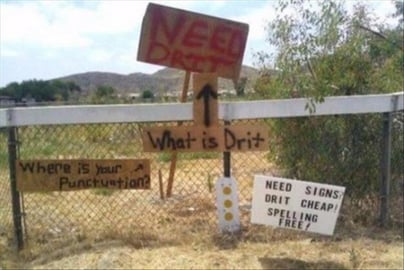
Prior to the Great Recesssion, when banks got killed on their commercial construction loan portfolios, most banks would happily lend up to 80% loan-to-cost. In other words, the developer only had to come up with 20% of the Total Cost of the project. Some banks were even going 90% loan-to-cost. After commercial real estate collapsed by 45%, Dr. Phil might have asked the banks, "How did that work out for you?" Ha-ha!
Having learned their lesson painfully, banks now require that commercial real estate developers contribute at least 25% to 35% of the Total Cost of the project. But you and I don't care! Our fix and flip loans are residential loans, not commercial loans, and the secondary market is absolutely ravenous for fix and flip loans. You or your renovator will NOT need to contribute 25% to 35% of the Total Cost of the project. No-no-no.
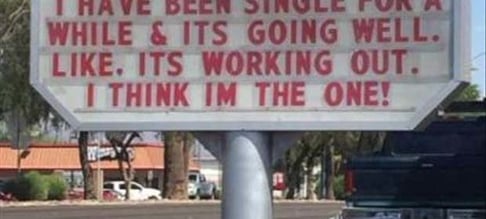
So how much cash will a renovator need to contribute to qualify for a fix and flip loan? Well, the first wonderful thing to appreciate is that fix and flip lenders do not even use the Loan-To-Cost Ratio.
To qualify for a fix and flip loan, the renovator only has to come up with
20% of the price of the dilapidated house being purchased!
Please note that we are NOT talking about 20% of the Total Cost of the project. We are only talking about 20% of the property purchase price.

Example:
John Renny is buying a rundown house in a nice area for $100,000. He will need another $60,000 to renovate the property. John only has to come to the closing with $20,000 - 20% of the purchase price of the rundown house! His fix and flip lender will loan him 100% of the dough to effect the repairs and upgrades. Wow. Is this a great country or what?
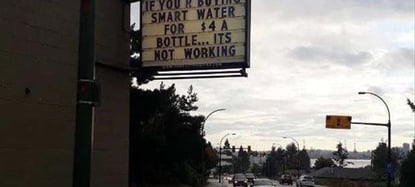
Just for fun, let's compute the Loan-to-Cost Ratio of John Renny deal above - a fairly typical residential fix and flip deal.
House Purchase Price (in a dilapidated condition) plus
Hard Costs (of renovation) plus
Soft Costs (closing costs, report fees, 4 mo's interest reserve) plus
Contingency Reserve (5% of hard and soft costs) equals
______________________________________________________
Total Cost
Now let's plug in the numbers. C'mon, guys, don't zone out on me here. This is fourth grade math. Maybe third grade math.
House Purchase Price = $100,000
Hard Costs = $60,000
Soft Costs = $16,000
Contingency Reserve = $3,800
__________________________
Total Cost = $179,800
In our example, John Renny is bringing only $20,000 in cash to the closing table, which is the magical 20% of the cost of the dilapidated house. Therefore his fix and flip lender will make him a loan for the difference - $179,800 minus the $20,000 downpayment equals $159,800.
Okay, so what is the Loan-to-Cost Ratio of John Renny's imaginary fix and flip loan?
$159,800 / $179,800 x 100% = 88.9% Loan-to-Cost!!!

Wow. Nowhere else in the civilized world can a real estate developer get this kind of leverage. This is why successful fix and flippers are making incredible retuns on their money.

I met a nice lady from Alaska a few years ago who lives in Anchorage. Every year several people in Alaska are stomped to death by a moose, so finding one in your swimming pool is not really a laughing matter. A college classmate (interestingly she is white) of my daughter is from Swaziland, and she is crashing with us over the Thanksgiving holiday because its too far to travel back to Africa. When I asked her about wild lions and tigers and bears, she said that the hippo's are the big killers in Africa. Huh. Who would have thunk it. Such friendly looking animals. And don't even get me started on the dangers of Porky Pig... :-)









 My son, Tom, and I just returned for the 5th Annual American Association of Private Lenders Conference in Las Vegas. At the conference, fix and flip loans were all the rage. Everyone was talking about them. Several of the break-out sessions were about fix and flip financing. There were even hedge fund managers and Wall Street investment bankers prowling the conference floor in search of hard money shops (private money mortgage brokers) to sell them more fix and flip loans.
My son, Tom, and I just returned for the 5th Annual American Association of Private Lenders Conference in Las Vegas. At the conference, fix and flip loans were all the rage. Everyone was talking about them. Several of the break-out sessions were about fix and flip financing. There were even hedge fund managers and Wall Street investment bankers prowling the conference floor in search of hard money shops (private money mortgage brokers) to sell them more fix and flip loans.




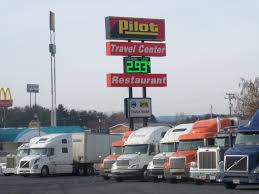 "I applied for an SBA loan but they turned me down." Okaaaay, but what did the second SBA lender say? How about the third? Today's article is pretty long, so if you don't get to the end, please remember this important lesson:
"I applied for an SBA loan but they turned me down." Okaaaay, but what did the second SBA lender say? How about the third? Today's article is pretty long, so if you don't get to the end, please remember this important lesson:










 Have you guys ever heard of a smartphone app called TuneIn.com? I stumbled across the app recently, and I am enjoying it so much that I thought I'd share it with you. I am not getting paid for this article, ha-ha. I am simply sharing my wonderful experience with TuneIn.com because you guys are my buddies. I teach my loan officers to write to their contacts, not as some stuffy, boring "professional", but rather as if they were buddies sharing a beer at the end of the day - so pop open a brew and prepare to be wowed.
Have you guys ever heard of a smartphone app called TuneIn.com? I stumbled across the app recently, and I am enjoying it so much that I thought I'd share it with you. I am not getting paid for this article, ha-ha. I am simply sharing my wonderful experience with TuneIn.com because you guys are my buddies. I teach my loan officers to write to their contacts, not as some stuffy, boring "professional", but rather as if they were buddies sharing a beer at the end of the day - so pop open a brew and prepare to be wowed.


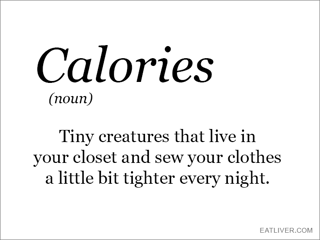



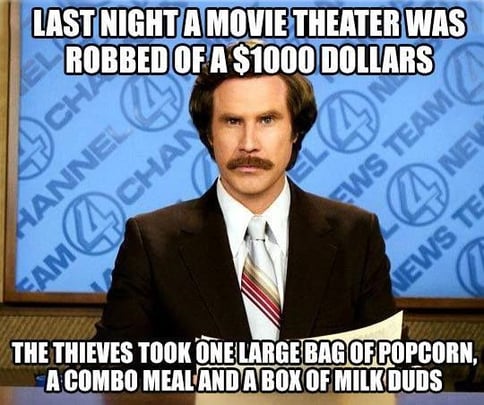


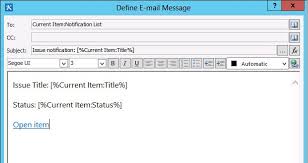 Let's suppose that you hear that Rick Savoy is working as a commercial real estate loan officer at Mason Bank, and he is closing a lot of commercial loans. The problem is that you don't know his email address, and he seems a little weird about giving it out to some new commercial mortgage broker. Bankers tend to hate unsolicited email and hence his reluctance.
Let's suppose that you hear that Rick Savoy is working as a commercial real estate loan officer at Mason Bank, and he is closing a lot of commercial loans. The problem is that you don't know his email address, and he seems a little weird about giving it out to some new commercial mortgage broker. Bankers tend to hate unsolicited email and hence his reluctance.







 Once upon a time, Steve Coach owned a large bus line company, Coach's Coaches. His company owned 1,200 semi-luxury coaches that they hired out for various tours and sporting events. Business was good for many years, but a series of unfortunate decisions left the bus line deeply in debt and with only 300 buses fit for use. Steve had no choice but to put his 30-year-old company into Chapter 11 Bankruptcy.
Once upon a time, Steve Coach owned a large bus line company, Coach's Coaches. His company owned 1,200 semi-luxury coaches that they hired out for various tours and sporting events. Business was good for many years, but a series of unfortunate decisions left the bus line deeply in debt and with only 300 buses fit for use. Steve had no choice but to put his 30-year-old company into Chapter 11 Bankruptcy.








 My hard money commercial mortgage company, Blackburne & Sons, was considering a nice hard money commercial loan on a cannabis growing facility in Washington State, where properly licensed facilities are now legally allow to grow it and sell pot for recreational use.
My hard money commercial mortgage company, Blackburne & Sons, was considering a nice hard money commercial loan on a cannabis growing facility in Washington State, where properly licensed facilities are now legally allow to grow it and sell pot for recreational use.

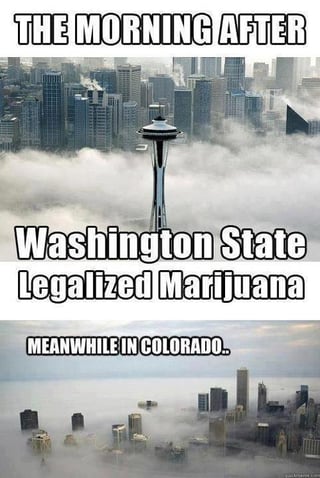
 Have you ever gone snow skiing and rented for your family a gorgeous ski chalet near the slopes for a week? What about the beach or the shore of some big, beautiful lake? Did you ever rent a big, gorgeous home on the water for a week?
Have you ever gone snow skiing and rented for your family a gorgeous ski chalet near the slopes for a week? What about the beach or the shore of some big, beautiful lake? Did you ever rent a big, gorgeous home on the water for a week?


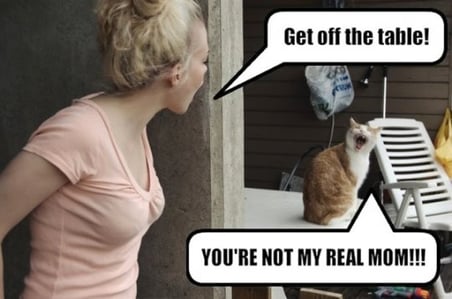



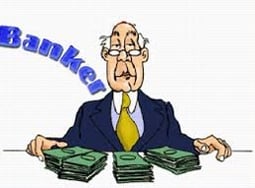 Before I get into how to meet bankers, let me first explain why you want to meet bankers.
Before I get into how to meet bankers, let me first explain why you want to meet bankers.






